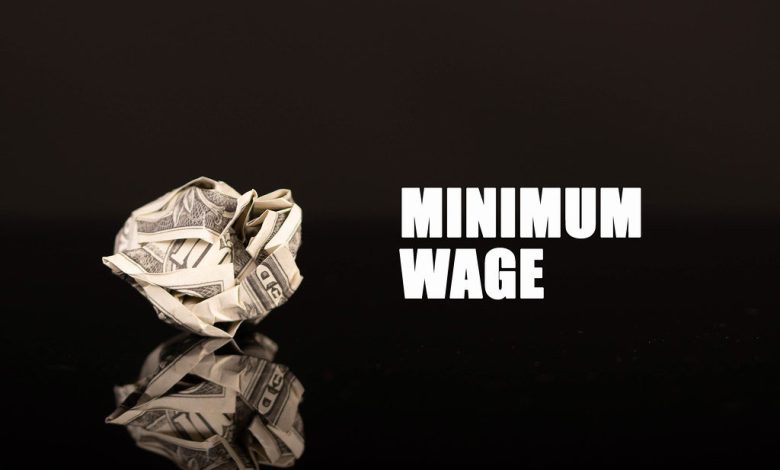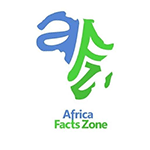Top African Nations with the Lowest Minimum Wage as of Early 2024

Low minimum wage levels are not just numbers on paper; they have a profound impact on the socioeconomic landscape of African countries.
The repercussions extend far beyond mere monetary figures, affecting everything from social equality to economic stability.
As nations strive to uplift their citizens from poverty and ensure fair labor practices, the importance of a decent minimum wage cannot be overstated.
Yet, the reality remains stark, with many African nations grappling with alarmingly low minimum wage rates.
The Data: Insights into Minimum Wage Trends
A recent report by Yahoo Finance sheds light on this issue, revealing that a significant portion of the countries with the lowest minimum wage worldwide are located in Africa.
Drawing data from sources like the International Labour Organization and the World Bank, the report paints a comprehensive picture of minimum wage scenarios across the globe.
Understanding the Metrics: What Constitutes Minimum Wage
To understand the gravity of the situation, it’s crucial to define what constitutes minimum wage in this context. Minimum wage, as per the report, refers to the hourly wage achievable with little to no skill level.
This definition encompasses a wide spectrum of workers, highlighting the challenges faced by those at the bottom of the economic ladder.
ALSO READ: Egypt Increases Minimum Wage by 50% to Tackle Rising Cost-of-Living
Exploring the Figures: Top 5 African Countries with Lowest Minimum Wage
Let’s delve into the specifics. According to Yahoo Finance’s findings dated January 18, 2024, the following African countries rank among the lowest in terms of minimum wage per hour:
- Egypt: $0.45
- Uganda: $0.298
- Angola: $0.25
- Ethiopia: $0.23
- Rwanda: $0.070
These figures paint a sobering picture of the economic realities faced by millions of workers in these nations.
Implications and Challenges: Beyond the Numbers
The ramifications of such low minimum wage levels are manifold. They perpetuate cycles of poverty, widen the gap between the rich and the poor, and hinder overall economic progress.
Moreover, they pose significant challenges to efforts aimed at promoting fair labor practices and social justice.
Call to Action: Addressing the Root Causes
It’s evident that addressing the issue of low minimum wage requires a multifaceted approach. Governments, international organizations, and civil society must work together to enact policies that ensure fair compensation for all workers.
This includes revisiting labor laws, investing in skill development programs, and fostering an environment conducive to economic growth and prosperity.
Conclusion: A Path Forward
In conclusion, the issue of low minimum wage in African countries is not one to be taken lightly. It represents a fundamental challenge to the principles of equity and justice.
By acknowledging the problem and taking concerted action, we can pave the way for a future where every worker receives a fair and dignified wage.





